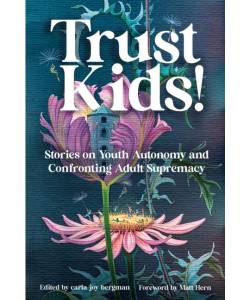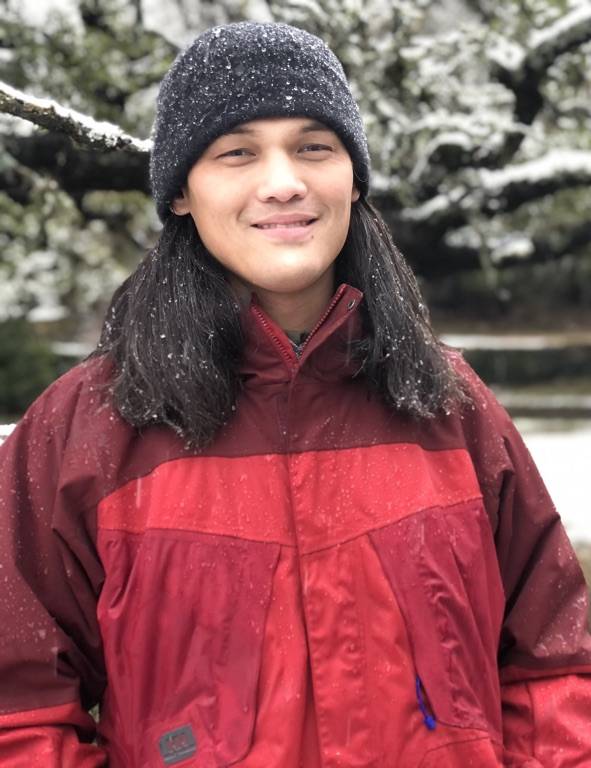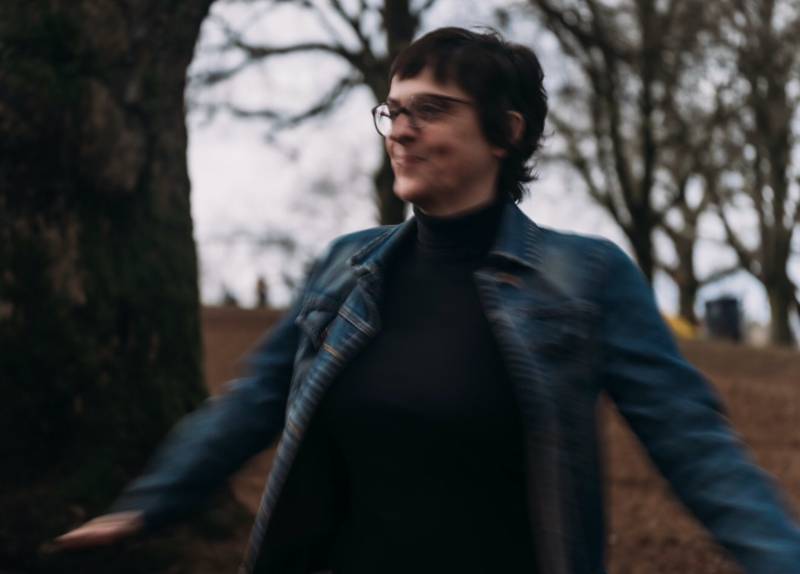Excerpted from “Changing the Context” by Antonio Buehler in “Trust Kids! Stories on Youth Autonomy and Confronting Adult Supremacy,” edited by carla joy bergman. Published by AK Press.
After our morning meeting on Gabriel’s first day, he asked if he could play video games. I said, “Yes, you get to decide how you spend your time here.” Thirty minutes later I was walking through the space and I noticed a cable running from an outlet into a closet. I knocked on the door and heard, “Come in.” I opened the door and saw fourteen-year-old Gabriel on his knees playing on a laptop. I asked if everything was alright, and he said it was. I asked if he wanted to interact with others, and he said he preferred remaining in the closet. He stayed there until the end of the day.
Gabriel’s routine continued day after day. The other facilitators and I became more and more concerned that perhaps we were not properly supporting someone who chose to wall himself off in a closet for the entire day, every day. Our schoolish lens had us worried about missed opportunities for development, as well as possible questions coming from his mom about how he was spending his time. We chose to push down our insecurities, prioritize being welcoming and inviting, and honor his desire to be by himself.
We live in a society predicated on hierarchy. We judge others (and ourselves) by where they fall within various hierarchies. And where they fall determines, to a large degree, on what access, privileges, and so-called rights they have. The pyramid structure of society requires large numbers to fill out the base, so that a select few can benefit from their place near the apex. In other words, most people have to be labeled “losers” in order to justify the outsized gains of the “winners” in an ostensibly meritocratic society. We see these hierarchies in almost all economic, legal, political, and social institutions. These hierarchies not only determine who benefits and who exists to serve those who benefit, they also perpetuate and reinforce the unjustness of other existent hierarchies (e.g., white supremacy, ableism).
Young people are not immune from the impacts of hierarchy. In fact, hierarchy is a primary force that shapes them. As an oppressed group with negligible economic and political power, they are seen by government and industry as raw material to be molded into reliable workers and consumers (the base), while their family often encourages a climb to the top. Because the aforementioned groups are constantly measuring the youth (e.g., grades, athletic performance, leadership positions) in an attempt to rank and sort them, young people learn quickly how they measure up to their same-aged peers.


 The closet door in many ways was a physical boundary that Gabriel used to protect his emotional boundaries, and for perhaps the first time in his life, Gabriel’s boundaries were honored. Like many young people who have been wounded both in school and in their personal lives, Gabriel did not need to be pushed into activities or behavior that made adults feel comfortable—he needed to be accepted for who he was in the moment, and to have his needs centered. After a month, Gabriel left the closet for good and fully embedded himself at the heart of the community.
The closet door in many ways was a physical boundary that Gabriel used to protect his emotional boundaries, and for perhaps the first time in his life, Gabriel’s boundaries were honored. Like many young people who have been wounded both in school and in their personal lives, Gabriel did not need to be pushed into activities or behavior that made adults feel comfortable—he needed to be accepted for who he was in the moment, and to have his needs centered. After a month, Gabriel left the closet for good and fully embedded himself at the heart of the community.  Antonio Buehler
Antonio Buehler carla joy bergman
carla joy bergman